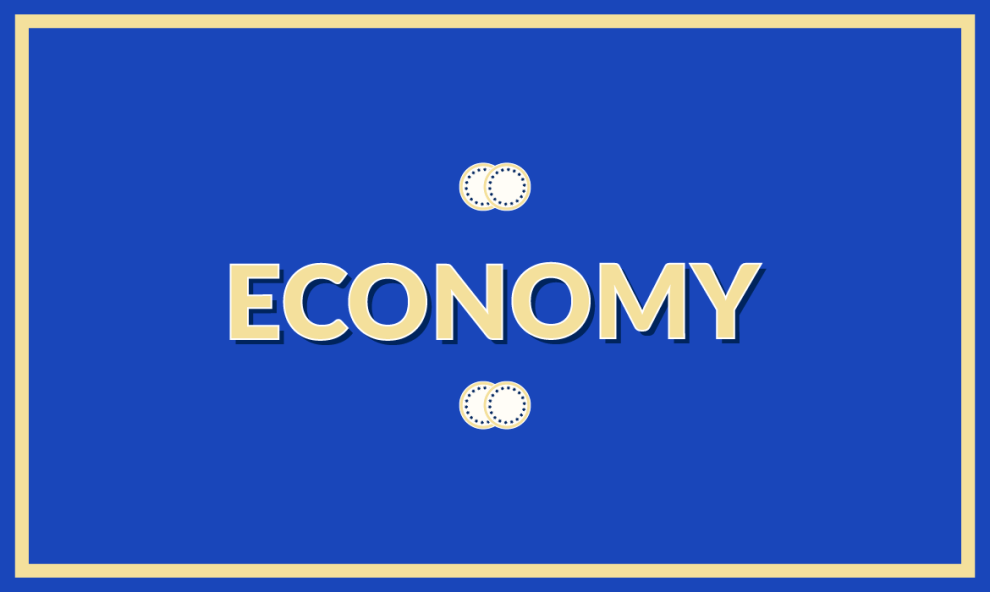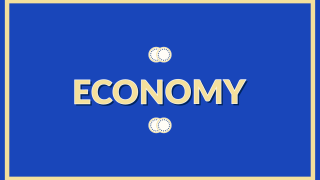George Orwell would have understood the contradictory attitudes of Mexicans. In his book 1984 he coined the term “doublethink”, the ability to believe contradictory things. Without doubt, in contrast with developed countries, which tend to be coherent with regard to service provision, we Mexicans are accustomed to permanent contradictions. In the common vernacular, Mexico has a first-world education but the results of tests such as the Program for International Student Assessment (PISA) show that we’re in the fifth; the country is democratic but there are no checks and balances that hinders taking anti-democratic measures; life is hard but the satisfaction is very great.
The Organization for Economic Cooperation and Development (OECD) publishes the “Better Life Index”, a comparative scale of indicators of well-being. In terms of what befalls Mexico for 2013, what’s surprising is how poor the country’s performance is in all of the objective indicators, in contrast with how extraordinary some of the perceptions are. In educational matters, Mexico is by far the country exhibiting the worst performance: a score of 0.7 out of 10 on the PISA scale. However, Mexicans are more satisfied with their lives than the average of countries making up this organization of developed countries: 85% of Mexicans say they have more positive experiences in a normal day (peace, joyfulness, achievement-related satisfaction) than negative (pain, worry, sadness, boredom). The OCED mean is 80% and there are many countries below this.
The numbers tell a different and, concurrently, a revealing story: in Mexico people work an average of 2,250 hours per year, more than the majority of OCED nation inhabitants (with an average of 1,776 hours), but their income is much lower. That is, the productivity of work in Mexico is very inferior and is not compensated by a greater number of hours worked. Part of this is explained by lower educative levels (in Mexico 36% of adults aged between 25 and 64 years have a middle-school diploma, a number far inferior to that of the average, 74%). Other factors involved in this are concerned with the quality of the education, as well as diverse absences, above all related with the availability and quality of the infrastructure.
Maybe the most revelatory datum, but perhaps only surprising for the government, is that in matters of security the score is zero out of 10. Zero. In spite of that, 85% of people are satisfied with their lives. The latter can have only one of two explanations: either those surveyed possess no better frame of reference or there is resignation and acritical acceptance of the reality. Or both. The grand total is not commendable: ignorance, resignation, frustration, fear but at the same time comfort and acceptance.
How can Mexicans, within this context, imagine the construction of a developed country? How can conditions be created to establish in the country vibrant and competitive enterprises or, better still, that Mexicans would begin to create them?
The information era has changed the nature of the world economy and of each country in particular. Before, added value was the physical activity of workers in a manufacturing process. Today, that added value increasingly occurs as a result of the technology, the know-how, rather than its being the product of direct contact with machines or assembly lines. It’s not that the machines disappear but that these progressively depend on computers and software whose operators must have the know-how to manage. That is, the greatest wealth has to do with the creative capacity of persons and their aptitude for managing complex processes, and that’s the product above all of education. It’s not by chance that the greatest sources of economic growth in today’s world concern the intelligent use of the technology, frequently applied to traditional manufacturing processes.
The contradiction with which the Mexican lives in permanent fashion does not contribute to creating an environment that drives the transformation of the factors presently limiting economic growth. Insomuch as the population is satisfied with their life, pressure wanes on the governors to act decisively.
What is paradoxical is that the population entertains extravagant expectations in matters of daily satisfiers, above all with regard to consumption but, save for critical moments, it does not demand essential satisfiers, such as security or education. Alas, on that depends its success in life.






Comments